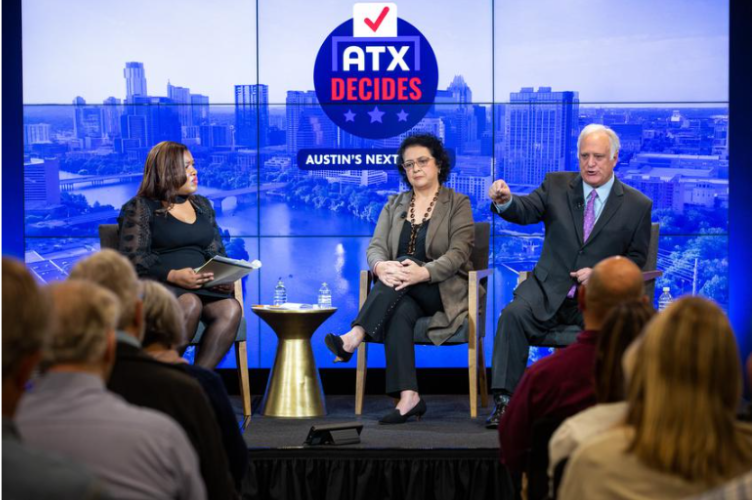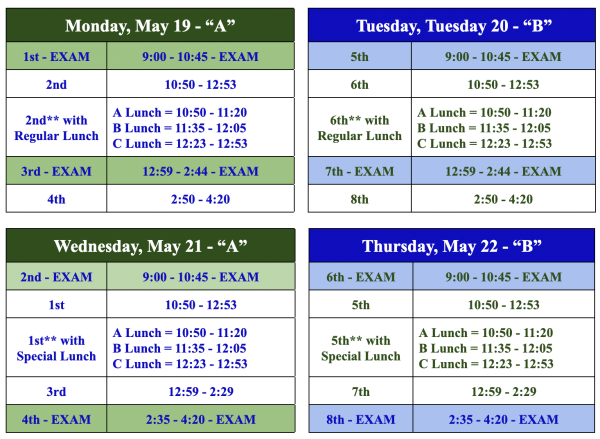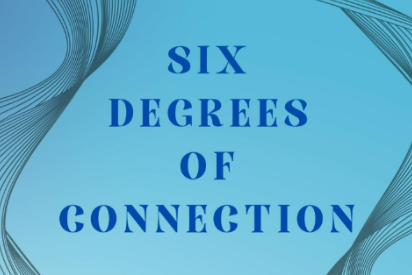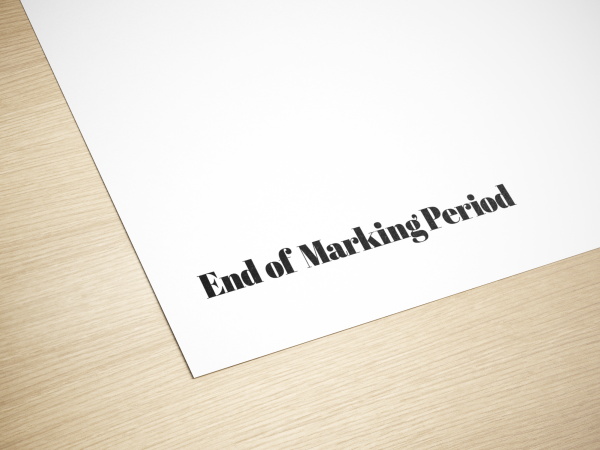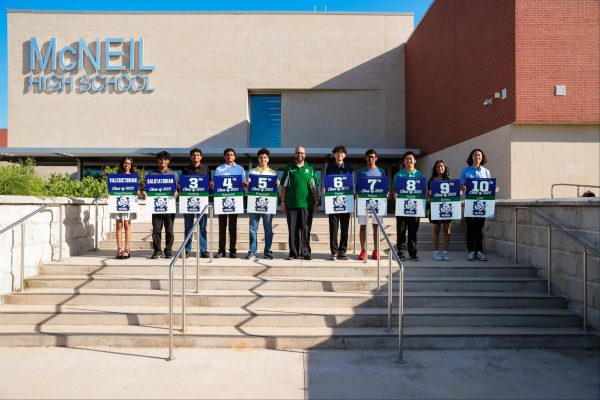Austin Mayoral Election Run-Off on Dec. 13
Image by Texas Tribune
Texas House Representative Celia Israel and former Mayor of Austin Kirk Watson debate on Austin PBS as part of the program’s ATX Decides segment. “It’s going to take tenacious determination to correct the wrongs of the past and I believe my policies are bold, visionary and forward thinking,” Israel said in an interview with KUVE. “I want to build inclusivity and equity. I’m running because people are hurting. This is not my Austin and if we don’t shake things up, we’re going to get to that elitist city that I don’t think any of us want to be a part of.”
The Austin Run-Off Mayoral Election will take place on Dec. 13. The two candidates for this race are Texas House Representative for the 50th district Celia Israel and former Mayor of Austin Kirk Watson.
In the Nov. 8 Texas General Election, six candidates for Mayor of Austin were found on the ballot (Israel, Watson, Jennifer Virden, Phil Campero Brual, Anthony Bradshaw and Gary Spellman). However, in order to officially declare a winner, a candidate must garner 50% or more of the majority vote. In this election, this did not occur, meaning a run-off election must take place. The two closest candidates to reach the majority vote were Israel with 39.99% and Watson with 34.95% of the vote, meaning there will be only two main candidates in this new ballot.
Israel was born in El Paso, Texas and moved to Austin in 1982 to pursue her education at the University of Texas at Austin. She is a member of the Democratic Party, the LGBTQIA+ and Hispanic communities. If elected as mayor, she primarily aims to address the home affordability crisis in order to ensure all citizens can afford living in the city.
“I want to be a mayor for all of Austin and when I see the affordability crisis that we’re in, I just refuse to accept that the city is doing everything that it can to help the working men and women of this city,” Israel said in an interview with Austin KVUE. “When I see somebody’s personal belongings loaded in the back of a pickup truck and they’re flying down I-35 and they’re obviously moving, I know that they’re not moving because they’re happy about it. Austin has a long history of pushing people out instead of inviting people, so I believe I have the skills needed to help in this matter of urgency.”
Watson was born in Oklahoma and moved to Austin during the 1990s. He is part of the Democratic Party and served as Mayor of Austin from 1997 to 2001. If re-elected, he would like to create and provide more services to the people as a result of the city’s population increase.
“I love this city and there’s a whole lot left to do, including the fact that Austin has changed significantly,” Watson said in an interview with KVUE. “In my view, we’ve been going through a transition for the last eight to 10 years, but we’re not moving at the pace we need to move in order to keep up and provide the kinds of services the people need.”
In order to address the affordable housing crisis, Israel and her team have designed the Home For All Plan. The plan is a six-part project that will build affordable homes for families in order for them to avoid driving long distances to the city and overall, have sustainable living conditions.
“The city has 6,000 tracks of identified land and we could be doing public good with public places,” Israel said. “The city is assessing a fourplex the same way it assesses a 300-unit apartment complex, so what we’re doing is incentivizing bigger houses, instead of incentivizing creative land use.”
Watson plans to build affordable homes in the Decker Lake area. The region mainly serves as a boat docking area, but Austin owns 2,500 acres of land that is not in use. Watson sees this as an ideal place for home construction.
“The City of Austin ought to put its land in a place where it can benefit the citizens,” Watson said. “If we continue to grow, we need to be doing things like this. We need to build something that 20 years from now will be a model that will contribute to the affordability of our city.”
To finance his affordable housing plan, Watson will utilize a series of bonds that will cost $3 billion to homeowners. Knowing that this price tag will worsen high inflation, Watson plans to begin every new budget cycle with a no revenue tax rate in order to facilitate housing affordability.
“What [a no revenue tax rate] means is that as things have gone up in price, you would bring in more revenue,” Watson said. “I think we should start there and we get the advantage of having all new growth and increases in the amount of revenue from sales tax because of the growing economy we have in Austin. We start with no revenue rate so that we’re not raising people’s taxes as well.”
During the mayoral campaigns, citizens have expressed growing concern over homelessness in the city. Israel plans to create additional homeless shelters with better personnel and additional services. Rather than relying on the City of Austin to finance the effort, she has non-profit organizations willing to help.
“We now have a coalition of non-profit partners who don’t want to compete against each other, but want to work together,” Israel said. “I think they are a much better and trusted partner that understands the needs of homeless individuals than a city official, and we’re at a good inflection point with them.”
Similar to Israel, Watson plans to create camping sites in order for all the homeless in the city to live in safe conditions in comparison to the streets or other areas.
“We’re gonna have to have a camping site that has all the services available like health and mental health services to help people get jobs,” Watson said. “The [camping site] has the ability to print identification and even kennels so that people who have pets can have a place for them to camp or sleep. We’re later going to get people into permanent supportive housing and that is a key part of our plan.”
With regards to the environment, Israel will promote resource conservation with the help of the legislature if elected. She believes citizens must also contribute to the effort in order to ensure environmental preservation.
“Locally, we need to double up our efforts when it comes to water conservation and I think of transit as an environmental issue as well,” Israel said. “In the future, more and more of us will need to look to transit solutions. Capturing and using water, solar power and our other natural resources is something that we can do.”
Watson would like Austin citizens to cast their ballot in his favor due to his previous expertise being Mayor of Austin and his other roles as part of the Texas Legislature. He believes that under his leadership, he can restore the spirit he felt in Austin during the 1990s.
“At this point in time, what we need is someone with a proven track record of success of being able to get the big things done,” Watson said. “Someone that’s practical, someone that brings common sense, is working to make sure the basics of this town are working and that they’re setting a vision in order to do it. That’s why I’m running for mayor.”
Israel believes she is the right person for the job because she shares the same perspectives as average working citizens. According to her, this perspective will allow her to build strong plans tailored to citizens’ interests.
“My life story [sets me apart from other candidates],” Israel said. “I’m not wealthy, I’m a realtor with opinions and have a respect for public service. I’m the only person in this race with the lived experience that is very different, which I think is more connected to the voters and I’m the only person in this race with bold, visionary plans for the future. This is not about nostalgia. This is primarily about who can afford to live here and who gets to decide.”
Your donation will support the student journalists of McNeil High School. Your contribution will allow us to purchase equipment and cover our annual website hosting costs.

